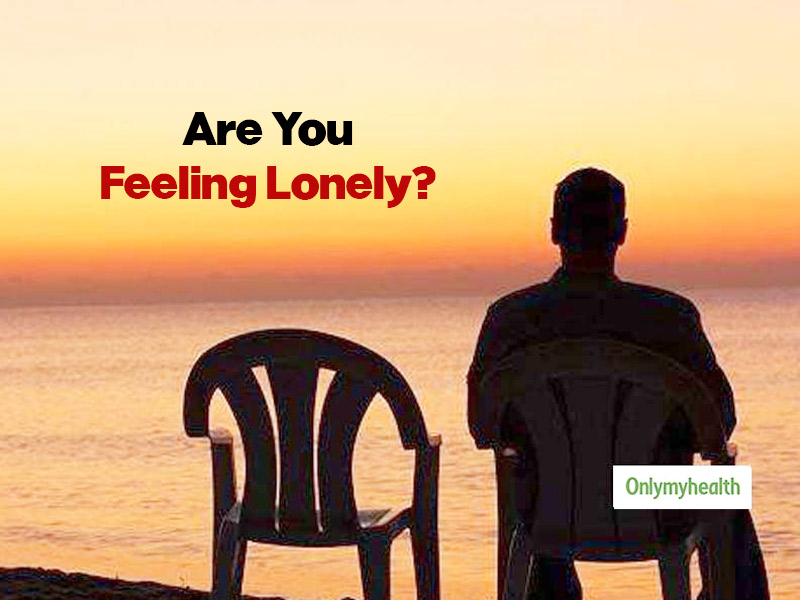
Recent research, featured in the Proceedings of the National Academy of Sciences, has shed light on the impact of loneliness on mortality risk among middle-aged and older individuals in the United States. Conducted through a prospective cohort study, the research spanned 15 years, involving 9032 participants and 93,684 observations.
Table of Content:-
The study revealed a notable association between loneliness and mortality risk, particularly for those reporting loneliness during three or more survey rounds. Participants experiencing loneliness at this frequency were found to be at a 1.16 times higher risk of mortality compared to those who never reported feeling lonely.

Demographic factors played a role, with younger individuals less likely to experience loneliness than their older counterparts. Gender differences were also observed, with women more prone to loneliness than men. Marital status, ethnicity, employment, and wealth were identified as factors associated with lower loneliness levels.

Also Read: CDC Director Urges Winter Precautions, Suggests Masking Amid Rising Respiratory Viruses
The study identified 106 excess deaths among individuals reporting loneliness during one survey wave, with even higher numbers for those experiencing loneliness during multiple periods. The findings underscore the importance of addressing loneliness as a public health concern, with potential interventions including strengthening social networks, incorporating animal therapy, and promoting physical activity.
While this study provides valuable insights into the cumulative impact of loneliness on mortality, further research is needed to validate these results in diverse settings and populations. Addressing social isolation could not only enhance the quality of life for many but also contribute to increased life expectancies and a reduction in excess deaths.
Also watch this video
How we keep this article up to date:
We work with experts and keep a close eye on the latest in health and wellness. Whenever there is a new research or helpful information, we update our articles with accurate and useful advice.
Current Version